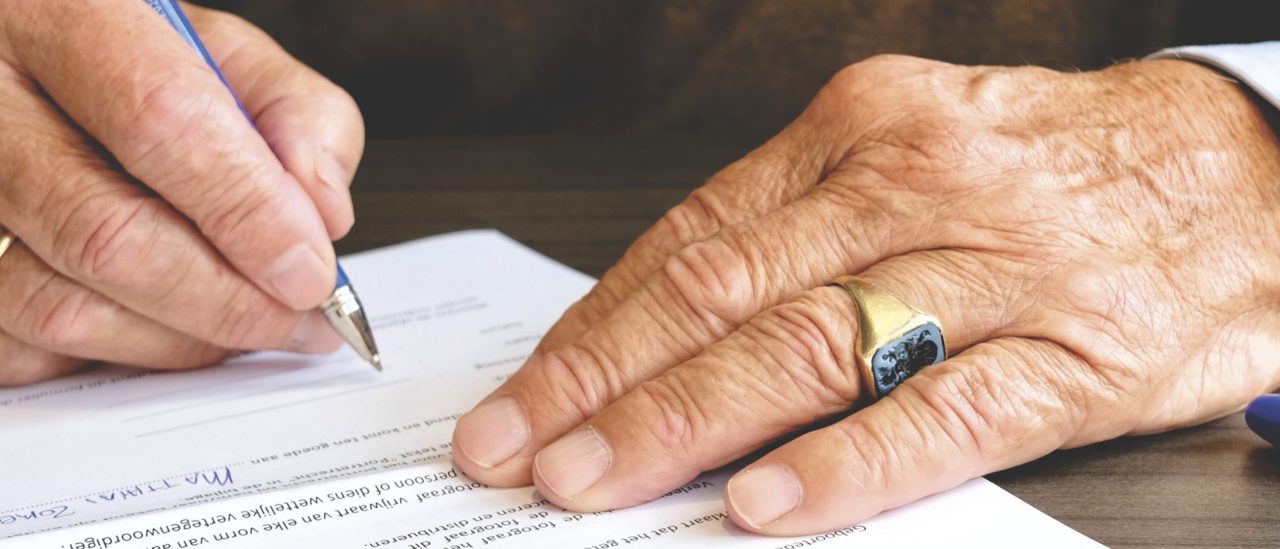Accounts Receivable Litigation (or “Commercial Collections”) means lawsuits to recover business debt. This includes unpaid invoices for goods and services, as well as unpaid commercial loans.
In my book, Collecting After a Sale of Goods: The New Jersey Supplier’s Guide to Getting Paid Quickly, I discuss strategies for minimizing collection issues and maximizing recovery. I also discuss important differences between collecting for goods and services
The common thread in all collection matters is an alleged breach of contract. Whenever you extend credit, you’ll want to make sure your terms appear clearly in your sales or service agreement, your credit application or your invoices.
Think of your lawsuit in 2 stages: the litigation stage, where you prove your case to obtain a judgment, and the post-judgment stage, where you look for assets to collect it. To prove your case, you’ll need such records as invoices, contracts and correspondence, and to find assets, a good credit application is very helpful. In addition, a skilled collection lawyer will have a trained eye for finding debtor assets.
Finally, in any type of collection case, keep in mind the Statute of Limitations, which is a law providing how long you have to bring a lawsuit. The general rule is 6 years for services and 4 years for goods, measured from the breach of contract.
I’ve prepared a sample credit application and sample sales terms for anyone who finds them helpful. Download your free copies.
I practice throughout New Jersey (all counties), and also accept cases in Southeastern Pennsylvania.
